Open letter on the “state of liturgical exception” (english version)
Open letter on the “state of liturgical exception”
To all theologians,
scholars, and
students of theology
The great liturgical tradition, which has always accompanied and supported the Church in her history of grace and sin, hears the groaning of individuals and nations in this pandemic crisis, which brings suffering and affliction to those who are sick, and fear, isolation and loneliness to everyone else. The ordinary rhythm of the Lenten and Paschal journey is altered and subverted, in solidarity with our common suffering. We would never have thought, however, that a small but not marginal suffering would also come at the same time throughthe exercise of ecclesial authority and through the decrees Quo magis e Cum sanctissima, which the Congregation for the Doctrine of the Faith published on 25 March 2020.
It is no surprise that This Congregation should devote its attention to the liturgy. But special and singular is the fact that it modifies the ordines, introduces prefaces and formularies for feasts, and modifies calendars and criteria of precedence. And it does this on a 1962 missal. How is this possible? The Congregation, as is known, in this case moves in the space of an exceptional authority, which dates back 13 years, in accordance with motu proprio Summorum pontificum. But since time is greater than space, what is possible on the regulatory level is not always appropriate. Therefore, it is crucial to engage in critical reflection on the logic of this development.
Time, in fact, has unveiled to us the paradox of a competence on the liturgy being taken away from the Bishops and the Congregation of Worship: this was arranged, in Summorum pontificum, with an intention of solemn pacification and generous reconciliation, but soon it changed into a serious division, a widespread conflict, and became the symbol of a “liturgical rejection” of the Second Vatican Council. The greatest distortion of the initial intentions of the motu proprio can be seen today in those diocesan seminaries where it is expected that the future ministers will be trained at the same time in two different rites: the conciliar rite and the one that denies it. All this reached its most surreal point the day before yesterday, when the two Decrees were released. They mark the culmination of a distortion which is no longer tolerable, and which can be summed up as follows:
– the Congregation for the Doctrine of the Faith acts as a substitute in exercising competences conferred by the Second Vatican Council on Bishops and the Congregation for Divine Worship;
– it undertakes to elaborate “liturgical variants” of the ordines without having the historical, textual, philological and pastoral competences;
– it seems to ignore, precisely on the dogmatic level, a grave conflict between the lex orandi and the lex credendi, since it is inevitable that a dual, conflictual ritual form will lead to a significant division in the faith;
– it seems to underestimate the disruptive effect this “exception” will have on the ecclesial level, by immunizing a part of the community from the “school of prayer” that the Second Vatican Council and the liturgical reform have providentially given to the common ecclesial journey.
A “state of exception” is also happening today on the civil level, in its harsh necessity, and this fact allows us greater ecclesial foresight. To return to an ecclesial normality, we must overcome the state of liturgical exception established 13 years ago in another world, with other conditions and with other hopes, by Summorum pontificum. It no longer makes sense to deprive diocesan bishops of their liturgical powers; neither does it make sense to have an Ecclesia Dei Commission (which has in fact already been suppressed), or a Section of the Congregation for the Doctrine of the Faith which take away authority from diocesan Bishops and the Congregation of Divine Worship; it no longer makes sense to enact decrees to “reform” a rite that is closed in the historical past, inert and crystallized, lifeless and without vigor. There can be no resuscitation for it. The double regime is over; the noble intention of SP has waned; the Lefebvrians have raised the barhigher and higher and then run away, insulting the Second Vatican Council and the present pope along with all three of his predecessors. Continuing to nourish a “state of liturgical exception” – one that was born to unite, but does nothing but divide – only leads to the shattering, privatization, and distortion of the worship of the Church. On the basis of these considerations, we resolve together to request that the Congregation for the Doctrine of the Faith immediately withdraw the two decrees of 25/03/2020 and restore all powers concerning the liturgy to the diocesan Bishops and the Congregation for Divine Worship. Obviously, we ask this without prejudice to the powers that this Congregation retains in doctrinal matters.
So let us leave the “state of liturgical exception”. If not now, when?
With best wishes to all colleagues and students, besieged but not conquered in life, during these bitter yet still generous times.
Andrea Grillo



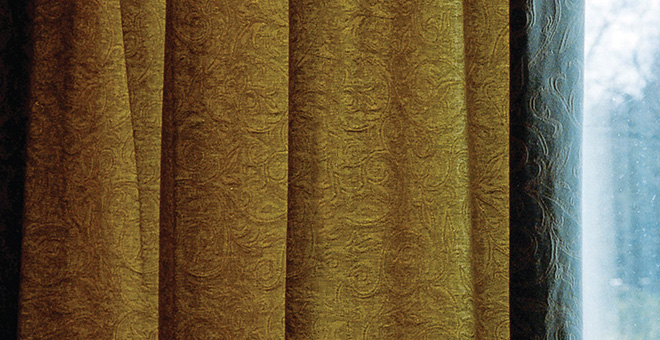



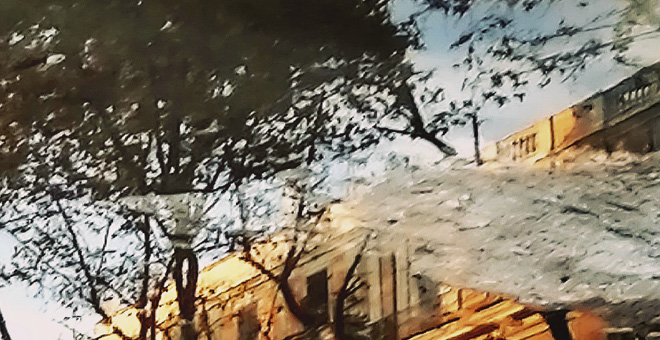
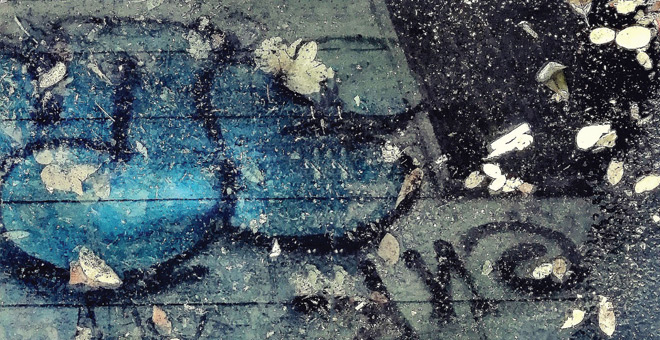



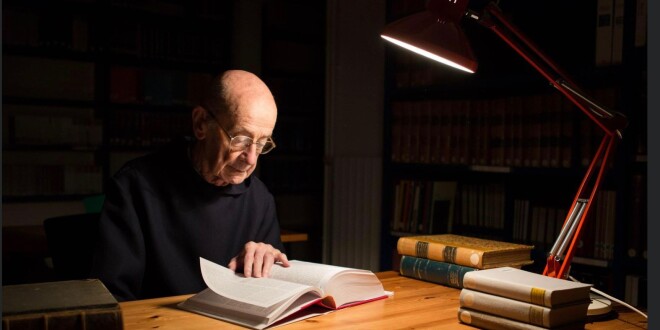







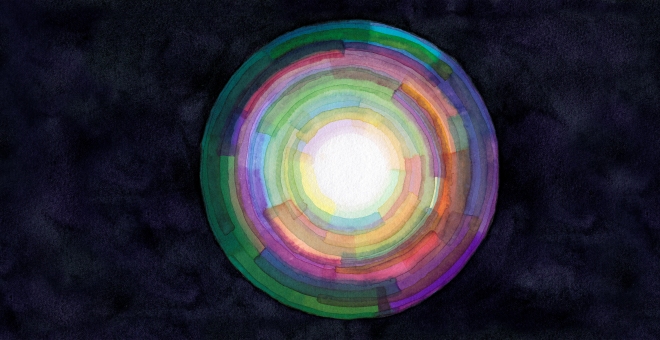

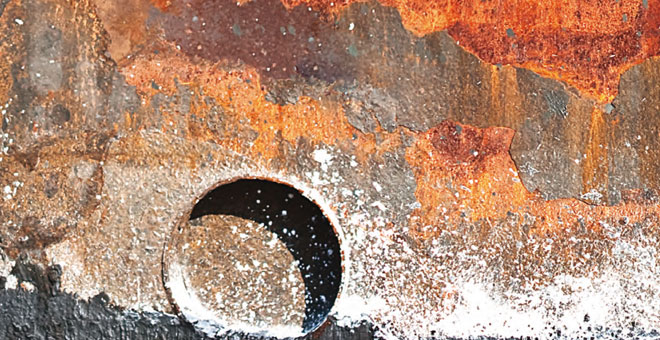





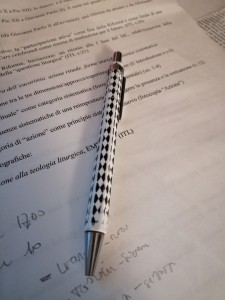
 Area personale
Area personale



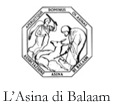



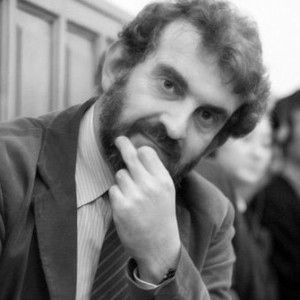
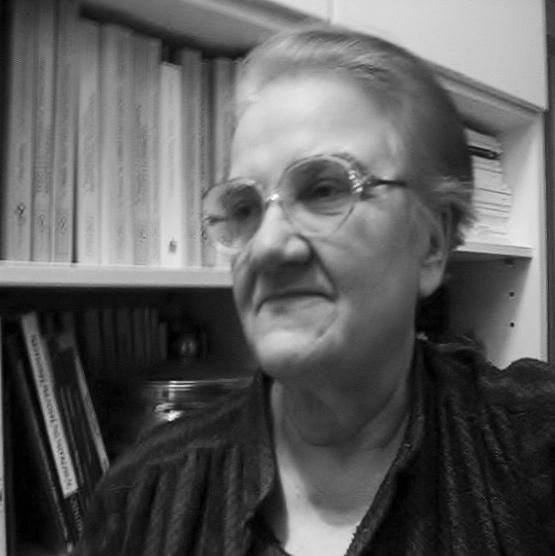
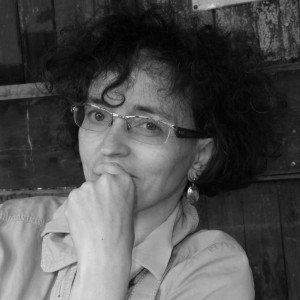
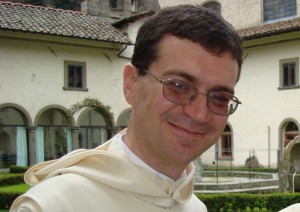

Caro collega Grillo,
sottoscrivo la Sua lettera aperta.
Un cordiale saluto
Albert Gerhards
Caro Albert Gerhards, un ringraziamento dal cuore
I will sign. Grazie mille
Gentile Signor Grillo,
La ringrazio per la lettera tanto lucida.
Un saluto rispettoso,
Wim De Moor
professore al Lemmensinstituut,
LUCA- School of Arts,
Leuven,
belgio
Firmó su carta.
Un cordial saludo.
What a joke are you so called liturgists
Perché mai “cosiddetti liturgisti”? Se lei guarda, coloro che hanno firmato sono tutti studiosi professionisti, cultori o studenti di una disciplina insegnata in Università Pontificie. E’ facile denigrare la competenza. Soprattutto quando denuncia l’abuso di una forma rituale che la storia ha superato da 60 anni. I migliori specialisti della disciplina hanno firmato questa lettera. Interrogarsi gli errori compiuti negli ultimi 13 anni è l’unica reazione salutare.
I will sign also
Es liegt ein großes Problem vor. Herr Grillo scheint a) weder das MP Summorum Pontificum noch die Instruktion Universæ Ecclesiæ gelesen oder juristisch richtig erfasst zu haben (fictio legalis). b) Es besteht ein Generationenproblem: Die heutigen Liturgiewissenschaftler wie Grillo kennen den alten Ritus überhaupt nicht und reden trotzdem wie Fachleute darüber oder vielmehr dagegen.
E’ proprio un problema di generazioni. Noi, che siamo nati nel 1961, abbiamo tutto il diritto di pensare e vivere la messa secondo quanto i Padri Conciliari hanno deliberato nel 1963 e poi la Chiesa ha riformato negli anni 60 e 70. Sulla base di questa esperienza, la ipotesi di SP è una fictio legalis che non potrà mai avere alcuna vera vigenza, perché pretende di portare indietro gli orologi di 50 anni. Ecco il Generationenproblem. Io non ho mai celebrato con un altro rito rispetto a quello vigente. E non mi si può imputare di essere nato “troppo tardi”. Obbedisco al Concilio Vaticano II.
‘The conciliar rite and the one that denies it’.
Credo che il concilio era valido, quindi stava in continuità alla dottrina della Chiesa imparata fino ad allora. Perciò credo che non si può dicere che il concilio nega il rito preconciliare, anche se il concilio lo ha allargato. Ugualmente, non si può dicere che il rito preconciliare (che il concilio non dichiarò–e non avrebbe potuto dichiarare–essere erroneo) ‘negi’ (‘denies’) il rito conciliare, a meno che si non propugni una interpretazione del concilio che è radicalmente incompatibile con la storia e la dottrina della Chiesa. Vuole Lei dicere ‘negate’ piuttosto che ‘deny’? ‘Negate’ insinua un atto legislativo, ma ‘deny’ insinua un rifiuto totale della teologia del rito preconciliare.
O forse Lei vuole dicere che coloro che non sono favorevoli al nuovo rito con ciò si oppongono al concilio? Ma forse questi uomini tanto si oppongono alla interpretazione falsa di esso che renderebbe noncattolico il concilio, e valido il senso apparente della frase sopra citata?
Va detto che deploro il diniego della validità per esempio di Lumen Gentium, di cui la teologia era stata insinuata nella precedente dottrina della Chiesa, e percio io sono d’accordo a Lei che l’uso del vecchio rito come espressione del diniego di esso constituirebbe un ‘denial’ del concilio–e in effetti un diniego della logica della chiesa preconciliare. Ma non mi sembra che la maggior parte dei traditionaliste lo fanno.
Dalla lettura onesta del Concilio si capisce una cosa del tutto chiaramente. Che il Concilio desidera ed esige che il rito romano, vigente del 1963, all’atto della approvazione di SC, venga profondamente modificato. Questo lo capisce anche un bambino. La esecuzione di questo mandato è stata compiuta negli anni successivi. Il risultato di questo lavoro è il NO che sostituisce il VO. Ogni tentativo di proporre in parallelo due momenti diversi della tradizione è un tradimento del Concilio. Di qui non si scappa.
Mr. Cricket
Does power prevail over humility? Where is the passage: learn from me that I am meek and humble of heart?
Repeal a ritual that in its lines is precious and evokes faith. With him, mystics like Padre Pio lived the most beautiful realities. Saints like Santa Gema and San Juan Pablo himself surely received their first communions. It seems stupid of them that in the XXI century men of imperious mind want to maintain a beautiful tradition that conceals towards the highest clouds in the sky. If you have not been able to read the ritual well, learn it, and improve yourself, you are mediocre. If you don’t know how to solve ridiculous differences with brothers for power, you are a failure.
Try kneeling down and think of the outrage it says above, the church is to serve, to feed, not to be treated like a queen. She is queen in the hearts of those who know how to serve God, not those who expect them to serve them instead of serving God.
L’umiltà è accettare il cammino ecclesiale. Il potere è la nostalgia di ciò che non c’è più.